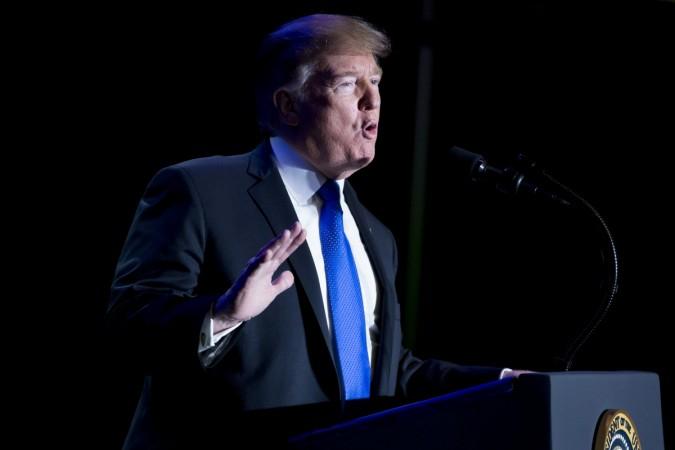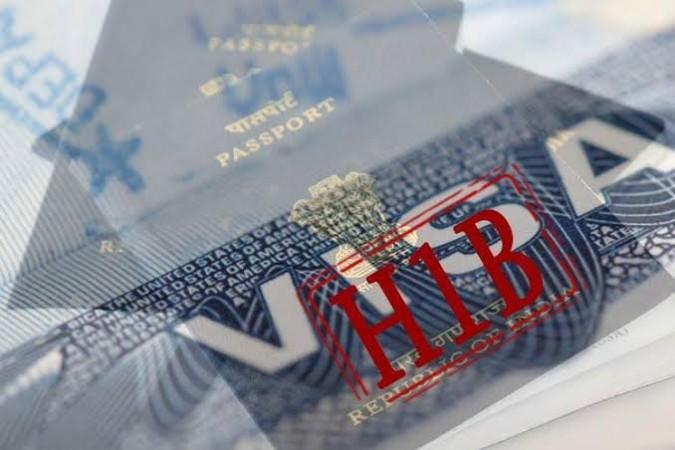Even during his last days as the President of the United States, Trump administration is leaving no proverbial stone unturned to keep the pressure mounted on social media giants. In the latest development, Trump Administration has accused Facebook of visa abuse by improperly reserving jobs for H-1B workers. Any mention of an H-1B visa cannot affect more than three-fourths of Indians to whom the politically charged H-1B visa is allotted.
What the lawsuit says
The Department of Justice, on Thursday, announced that it filed a lawsuit against Facebook Inc. for discriminating against U.S workers. The lawsuit alleges that Facebook engaged in intentional and widespread violations of the law, by setting aside positions for temporary visa holders instead of considering interested and qualified U.S workers. It also says that Facebook routinely preferred temporary visa holders (including H-1B) for jobs.

As per the statement released, the lawsuit also says that Facebook refused to recruit, consider, or hire qualified and available U.S workers for over 2,600 positions that Facebook, instead reserved for temporary visa holders it sponsored for permanent work authorization (or "green cards") in connection with the permanent labor certification process (PERM).
Furthermore, the positions that were the subject of Facebook's alleged discrimination against U.S. workers offered an average salary of approximately $156,000. "This lawsuit follows a nearly two-year investigation into Facebook's practices and a 'reasonable cause' determination by the Justice Department's Civil Rights Division," said Assistant Attorney General Eric S. Dreiband of the Civil Rights Division.
Donald Trump & H1-B crackdown

Trump administration has been both vocal and proactive in its crackdown on immigrant workers, especially the ones working on H-1B visa. In August, Trump signed an executive order to bar H-1B visa holders from replacing American workers on federal contracts. The Migration Policy Institute put the number at 219,000 in terms of the number of workers affected as a result of Trump's executive order.
The same month the Big Tech defended H-1B visas against Trump's crackdown. A group of companies including Amazon, Facebook, Apple, Twitter, Microsoft, and Netflix filed an amicus brief in a California court arguing against the U.S's temporary ban on H-1B and other visas until the end of 2020.In 2019, roughly 65 percent of H-1B visa holders in the U.S worked in computer-related occupations, and namely Amazon, Google, and Facebook were among the companies with the most employees on H-1B visas.
What it means for Indians
Any move on visa crackdown is likely to affect Indians the most, the ones in India and definitely the ones working in the US. Almost 70 percent of the total 85000 new H-1B visas are given to Indians each year. Any sort of crackdown is likely to result in multiple lawsuits as the US healthcare and technology industry heavily depends on high-skilled H-1B lawsuits. Trump administration has been more vocal than the Obama administration on the politically invested category of visas; H1B visa.
According to U.S Citizenship and Immigration Services (USICS)' report titled "H-1B petitions by gender and country of birth fiscal year 2018", there were as many as 419,637 foreign nationals working in the US on H-1B visas and out of which 309,986 were Indians.

















